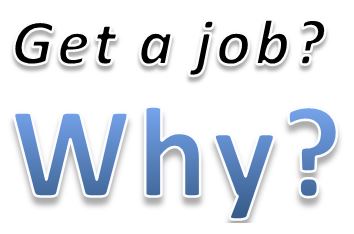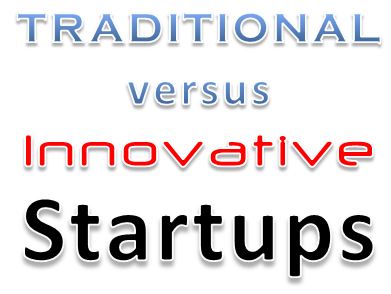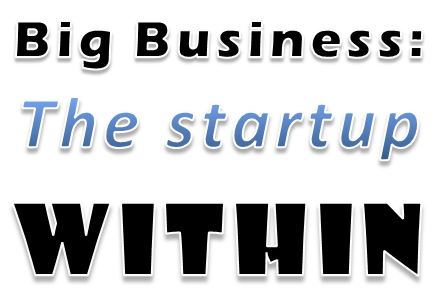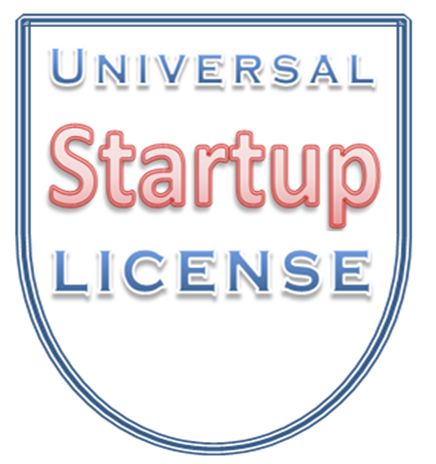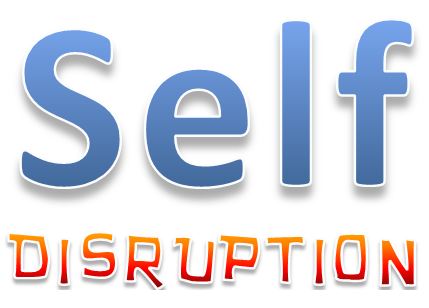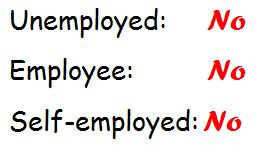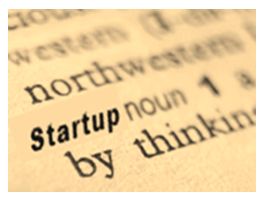The switch from doing jobs to starting startups: will we even notice?
Could our increasingly online lifestyles morph smoothly into self-employment if today’s culture of ’employee-based careers for all’ gradually fades into oblivion?
Could Luton turn out to be the UK’s first Silicon Town?
Everyone’s looking for the UK’s next startup hotspot, but they might not be looking in the right place
Startup mentoring: is there something missing?
The list of services that an officially accredited UK mentor is NOT allowed to provide just boggles the mind
Did Eric Schmidt really invent The Pivot before Eric Ries?
Google’s Schmidt talked about ‘morphing’ a project, but watching this Marissa Mayer video today, as she describes her boss’s suggestion three years before Ries’s, although the idea and the approach are different, the outcomes feel uncannily similar
Award for the most confusing little word in the startup vocabulary: Vest
A serious attempt to clarify some of the things which make vest and vesting a bit mind-bending for startups
What if you made startups exempt from ALL corporate regulation?
Health and safety rules? Hiring and firing legislation? Tax?
Double your (dole) money?
Startup founders, while their venture is still revenue-free, are not really self-employed. Unless they’ve also got a day job, they’re technically unemployed. This fact opens up opportunities for some really imaginative startup incentives
Dragging small traditional businesses into the startup innovation ecosystem
Small traditional businesses? They’re already ‘inside’ the startup world, aren’t they? No. They typically know nothing about such things as Lean Startup, Startup Weekend or Y Combinator, and even when they do, they think it has nothing to do with them. Are they right?
Startups: what happens when an economy completely collapses?
In places where prosperity has seemingly reigned forever, sometimes all the big employers and retailers can suddenly disappear: welcome to the startup-only economy. We probably need to start looking at places where this already exists
Post-exit startups: the friendly ghost in the job-creation machine
A new report by the US Bureau of Labor Statistics is being mistakenly interpreted as showing that startups are creating fewer jobs. This view somehow manages to completely ignore those odd things investors call ‘exits’.
The iij Top 20 upcoming startup books, fall 2011
The range of startup titles has expanded dramatically this year, and whatever economic surprises may be in store for us in 2012, this particular sector is looking unstoppable.
Is the right to found a startup a basic human right?
Is prohibiting this pursuit an infringement upon the freedom of the individual? Should we make this something that anyone should be able to do, wherever they are in the world?
How to survive disruption by being your own worst enemy
Why not create an independent fund with a mission to found startups which are exclusively aimed at disrupting your core business?
Nontrepreneurialism: you want to work, but neither as an employee, nor as your own boss
The Economist calls you a post-materialist: you don’t feel driven by materialist ambitions. You just need enough to maintain your existing lifestyle, rather than improve it. But what does ‘not being your own boss’ mean in this context?
Turning staff into startups
Should employers turn their business into startup factories? How could we make this happen?
Startup Accelerator Nation
Ten ideas for weaving the lean, low-investment, iterative, failure-tolerant, build-measure-learn attitude toward giving people constructive ways to spend their time into the fabric of every culture
Steve Blank, triumphant pioneer of…
It’s a video of Steve Blank’s first talk after finishing his pioneering Lean LaunchPad course at Stanford
Why startup is a crazy term
Steve Blank and Eric Ries each have different definitions of a startup to ours. None of us nail it
No potential startup founder left behind
It looks like the enviable track record of startup accelerators like TechStars and Y Combinator derives from identifying something you might call ‘Foundational Capability’ as the basis for startup success, but there is a dark side
Why not pay the unemployed to create startups?
Or how you might create the really big society. Yes, it will probably create some serious chaos. But who said being disruptive should be tidy?

